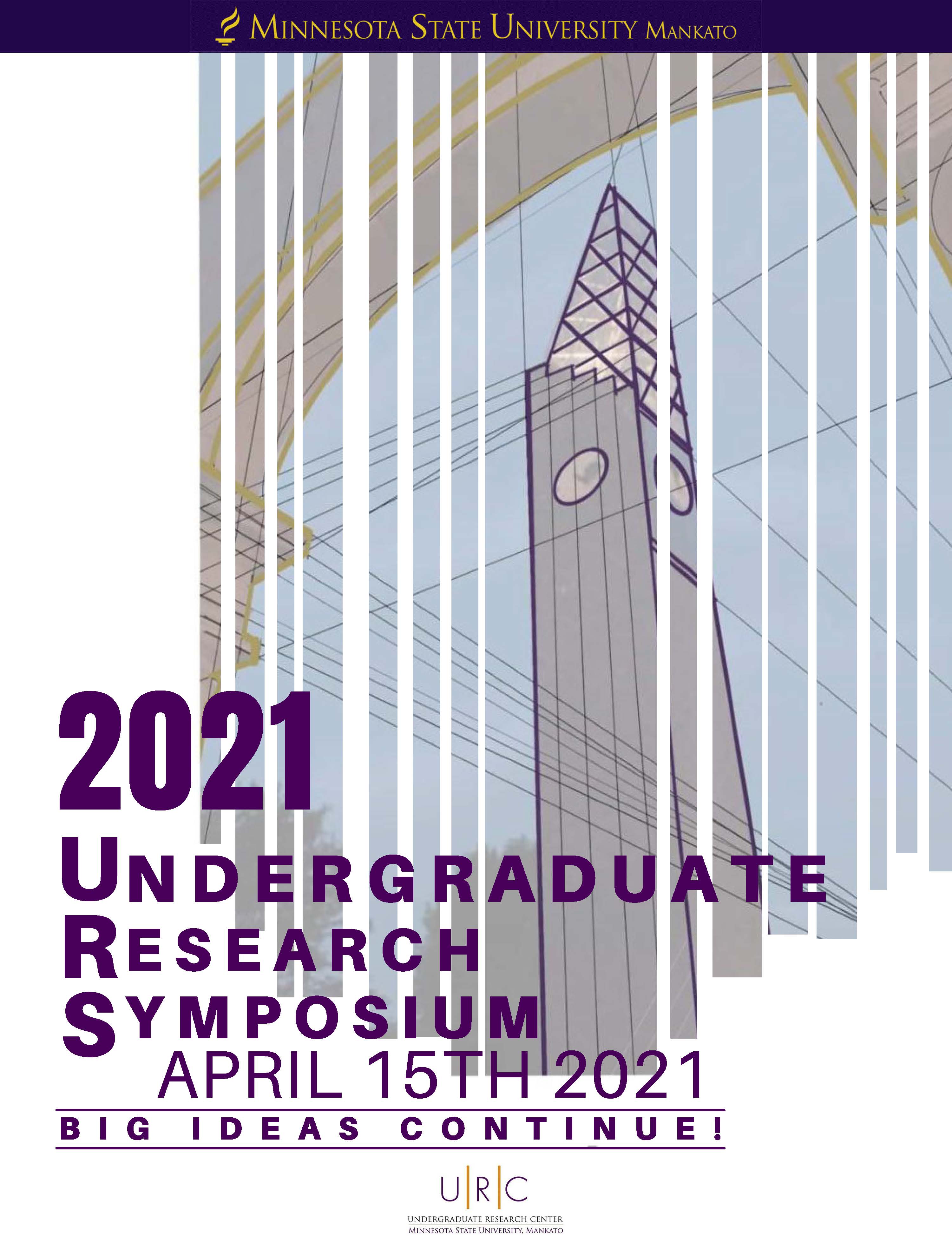The Relationship Between Critical Thinking and Emotional Intelligence Among College Students
Start Date
15-4-2021 2:00 PM
End Date
15-4-2021 3:00 PM
Student's Major
Psychology
Student's College
Social and Behavioral Sciences
Mentor's Name
Emily Stark
Mentor's Department
Psychology
Mentor's College
Social and Behavioral Sciences
Description
As undergraduate college students prepare for the workforce, it is essential that they are equipped for the array of experiences that they may encounter in their future jobs. Two important aspects of academic and workplace success are demonstrated through the development of critical thinking (CT) and emotional intelligence (EI). CT is associated with problem solving and decision making, while EI reflects an individual’s ability to understand and communicate emotions. Both CT and EI are noted to be important components of success among college students, but the relationship between CT and EI is less clear. The purpose of this study is to investigate college students’ CT in relation to EI by evaluating the responses that college students provide in answer to the various workplace scenarios that outline a multitude of problems and dilemmas. Upon collection, the responses were scored to determine the CT skills of each participant and then analyzed in association to the Self-Rated Emotional Intelligence Scale. Data collection is ongoing with over 50 participants complete, and we intend to present the results with recommendations for future researchers interested in understanding critical thinking and emotional intelligence.
The Relationship Between Critical Thinking and Emotional Intelligence Among College Students
As undergraduate college students prepare for the workforce, it is essential that they are equipped for the array of experiences that they may encounter in their future jobs. Two important aspects of academic and workplace success are demonstrated through the development of critical thinking (CT) and emotional intelligence (EI). CT is associated with problem solving and decision making, while EI reflects an individual’s ability to understand and communicate emotions. Both CT and EI are noted to be important components of success among college students, but the relationship between CT and EI is less clear. The purpose of this study is to investigate college students’ CT in relation to EI by evaluating the responses that college students provide in answer to the various workplace scenarios that outline a multitude of problems and dilemmas. Upon collection, the responses were scored to determine the CT skills of each participant and then analyzed in association to the Self-Rated Emotional Intelligence Scale. Data collection is ongoing with over 50 participants complete, and we intend to present the results with recommendations for future researchers interested in understanding critical thinking and emotional intelligence.




